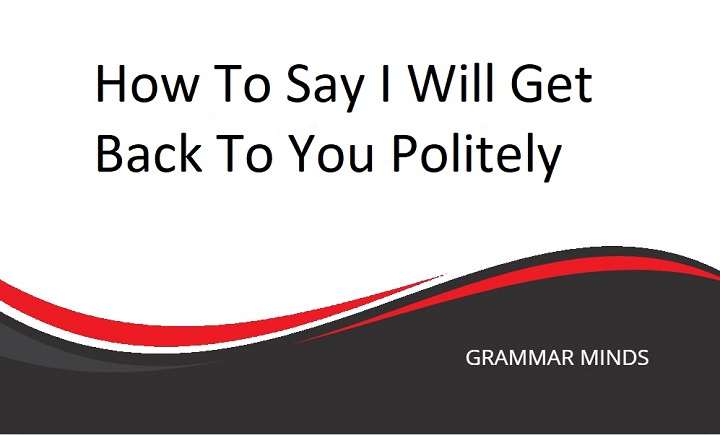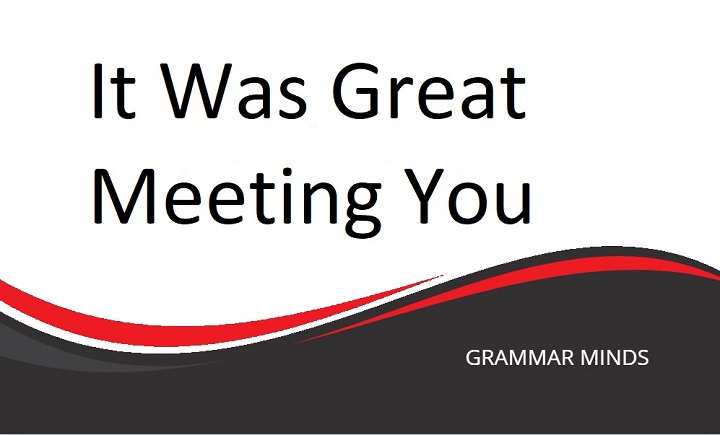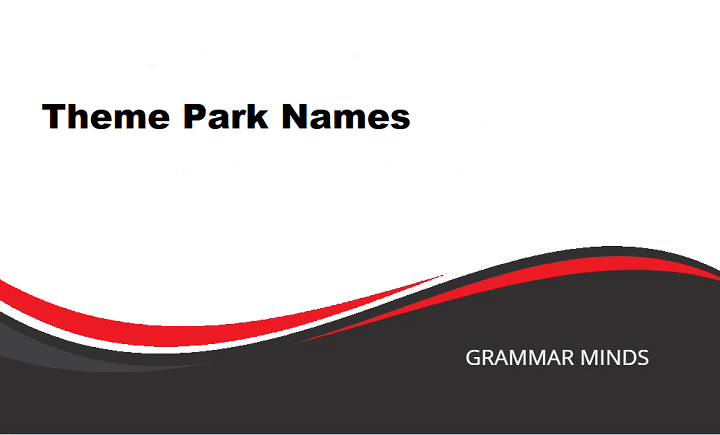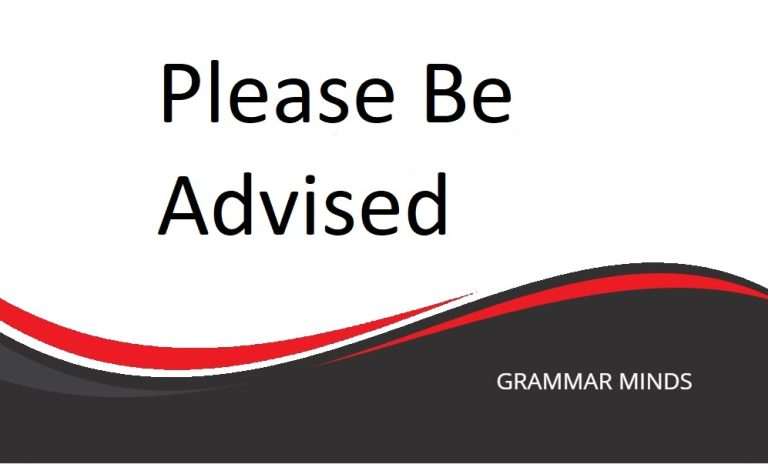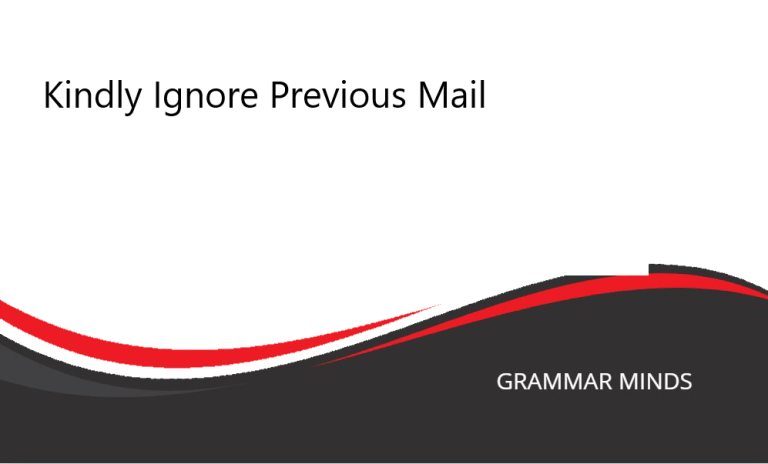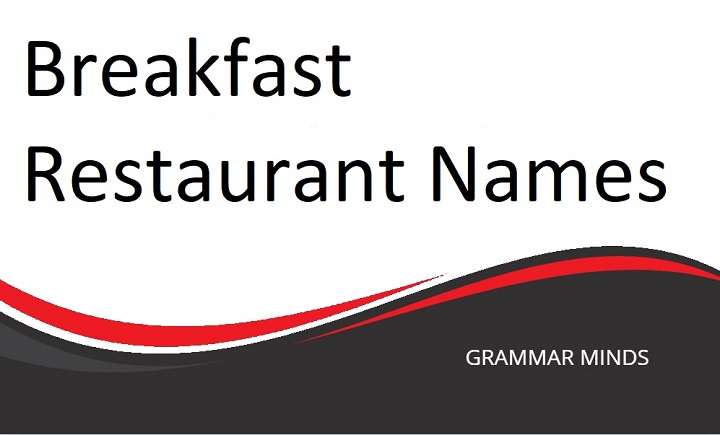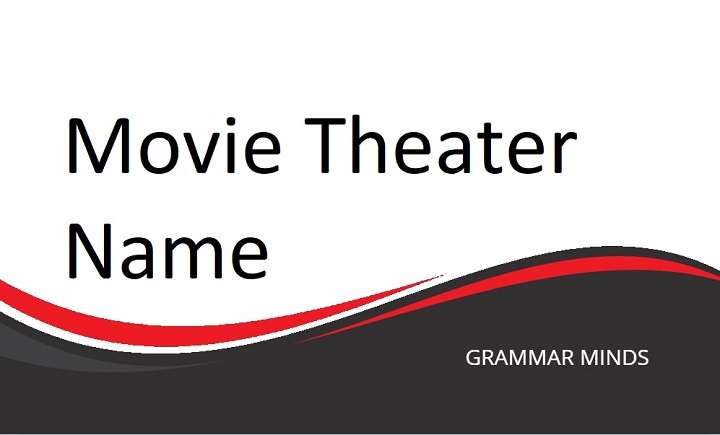“Thanks for checking in” is a phrase you’ve probably used or heard more times than you can count. Whether in personal conversations or professional emails, this expression serves as a simple yet effective way to acknowledge someone’s concern, follow-up, or inquiry. But have you ever felt like it’s becoming a bit repetitive?
The truth is, while “Thanks for checking in” is a perfectly acceptable phrase, it can start to feel overused, especially if you find yourself relying on it frequently. So, what can you say instead? In this article, we’ll dive into the meaning of this phrase and offer you alternative expressions to keep your communication fresh and engaging.
Let’s explore how “Thanks for checking in” can be used effectively, and provide some creative alternatives for when you want to switch it up.
What Does “Thanks for Checking In” Mean?
At its core, “Thanks for checking in” is a polite expression of gratitude. It acknowledges someone’s effort in reaching out, whether they are following up on a task, showing concern about your well-being, or simply maintaining contact. This phrase can be used in a variety of settings, making it a versatile option in both personal and professional communication.
However, using the same phrase repeatedly can sometimes make your communication sound monotonous. If you’ve grown tired of saying “Thanks for checking in,” don’t worry! We’ve compiled a list of alternative phrases that will help you express the same sentiment in fresh and varied ways.
Other Ways to Say “Thanks for Checking In”
I Appreciate You Following Up
Usage: This phrase is a more formal alternative to “Thanks for checking in,” perfect for professional emails or conversations. It adds a sense of professionalism while still conveying gratitude.
Example (in an email):
Dear [Recipient],
Thank you for your time and effort regarding [project/issue]. I appreciate you following up on this matter. Looking forward to discussing further.
Best regards,
[Your Name]
Thank You for Reaching Out
Usage: This phrase works well in both formal and informal situations. It’s versatile and can be used when someone initiates contact or inquires about something important.
Example (in a conversation):
Hey [Friend’s Name],
Thank you for reaching out. I’m doing much better now, thanks to your advice.
I’m Grateful You Checked In
Usage: This alternative brings in a more emotional tone and is ideal for personal conversations when you want to express a deeper sense of gratitude.
Example (in a conversation):
Thanks, [Friend’s Name], I’m grateful you checked in on me. It really means a lot.
I Appreciate Your Concern
Usage: This is a more formal phrase, best suited for professional settings where someone is inquiring about your well-being or asking for updates.
Example (in an email):
Dear [Recipient],
Thank you for your email. I appreciate your concern and will provide you with more information soon.
Best regards,
[Your Name]
Thanks for the Follow-Up
Usage: This is a short and professional phrase, perfect for business contexts where someone is checking the status of a task or project.
Example (in a business email):
Hi [Recipient],
Thanks for the follow-up. I’ll get back to you by the end of the day with the updates.
Best regards,
[Your Name]
I’m Glad You Reached Out
Usage: This phrase strikes a balance between formal and informal. It’s great for a more relaxed tone while still sounding professional.
Example (in a casual email):
Hey [Friend’s Name],
I’m glad you reached out! Let’s catch up this weekend.
It Means a Lot That You Checked In
Usage: This is a more heartfelt way of expressing gratitude. It’s perfect for personal conversations when someone’s concern or follow-up has touched you deeply.
Example (in a conversation):
Thanks, [Friend’s Name], it means a lot that you checked in on me during this tough time.
I Really Appreciate Your Check-In
Usage: This is another great formal option, suitable for workplace emails or meetings when you want to thank someone for their attentiveness.
Example (in a business meeting):
I really appreciate your check-in, [Colleague’s Name]. Your attention to detail has been helpful.
Thanks for Your Thoughtfulness
Usage: This phrase is ideal for more personal situations where someone has gone out of their way to show concern or offer support.
Example (in a conversation):
Thanks for your thoughtfulness, [Friend’s Name]. You’ve been a great help during this time.
I’m Thankful You Followed Up
Usage: This is a formal phrase that works well in emails, especially in a business setting where follow-ups are crucial.
Example (in an email):
Dear [Recipient],
I’m thankful you followed up on this. I’ll have the necessary documents ready by tomorrow.
Best regards,
[Your Name]
Key Notes About “Thanks for Checking In”
- “Thanks for checking in” is grammatically correct and works well in both formal and informal settings. However, if overused, it can start to feel basic or repetitive.
- You can use phrases like “I appreciate you following up” for more formal situations, especially in emails or business meetings.
- “Thank you for reaching out” is a versatile phrase that can be used in both formal and informal contexts, making it a great substitute for “Thanks for checking in.”
- For informal situations, a phrase like “I’m glad you reached out” can offer a more personal touch while still sounding appropriate.
By expanding your vocabulary and using these alternatives, you can better adapt your communication to the context and audience you are addressing.
Is It Correct to Say “Thanks for Checking In”?
Yes, “Thanks for checking in” is grammatically correct and suitable for both formal and informal settings. Whether you’re replying to a colleague, thanking a friend for their concern, or responding to a follow-up, this phrase gets the job done. It is polite and clear, making it a reliable go-to phrase for most situations.
Also Read
The Ultimate Guide to Choosing the Perfect Studio Name
That said, varying your language is always a good idea. Switching between different phrases can make you sound more dynamic and personable, and it shows that you’re putting thought into your communication.
You can also experiment with slight variations of the phrase, such as:
- “Thanks for following up”
- “I appreciate the check-in”
- “Thanks for staying in touch”
These variations allow you to keep your communication fresh without straying too far from the original meaning.
In conclusion, “Thanks for checking in” is a perfectly acceptable and grammatically correct phrase for expressing gratitude in both formal and informal settings. However, if you want to avoid sounding repetitive, the alternative phrases we’ve discussed will help you diversify your vocabulary and tailor your responses to different contexts.
Remember, communication is all about clarity and connection. By using different ways to say “Thanks for checking in,” you can keep your interactions engaging, thoughtful, and suited to the situation at hand. So the next time someone checks in on you, you’ll have plenty of fresh responses ready to go!

